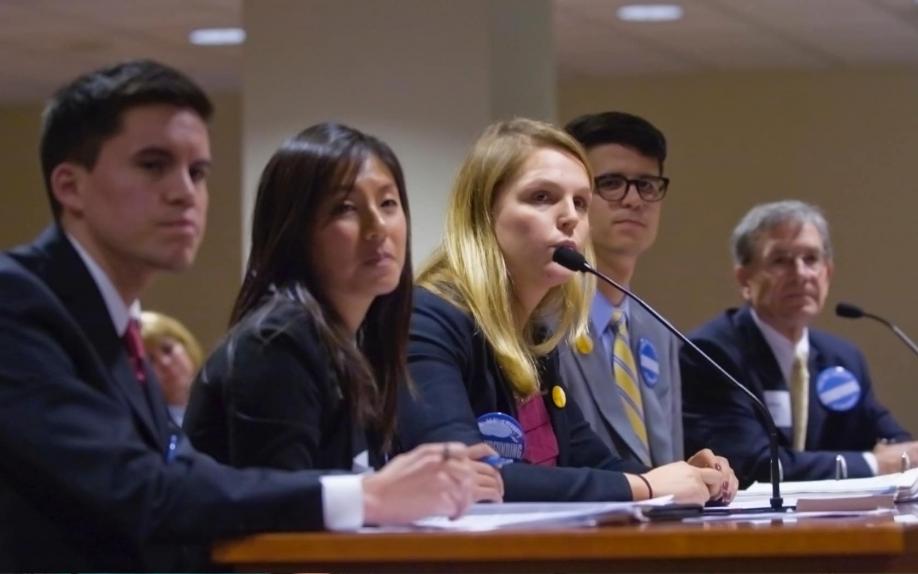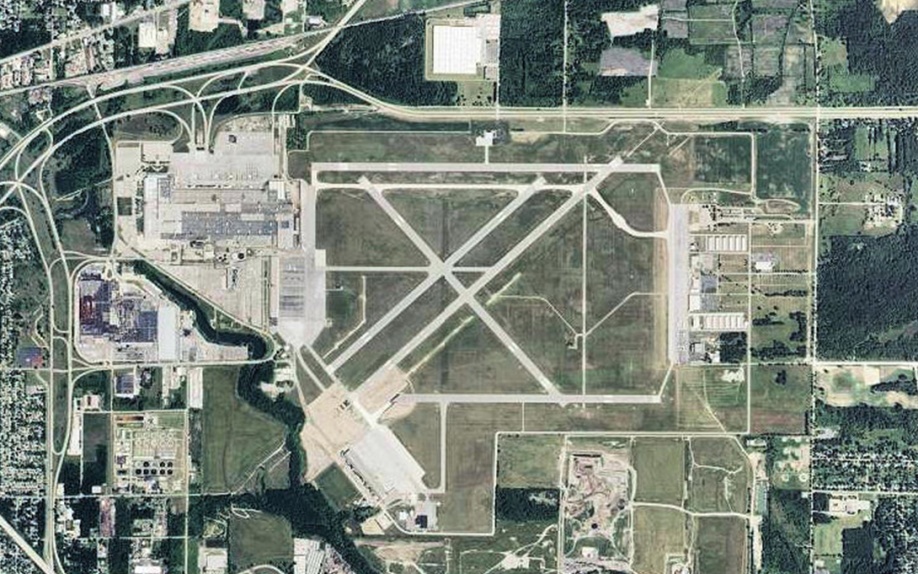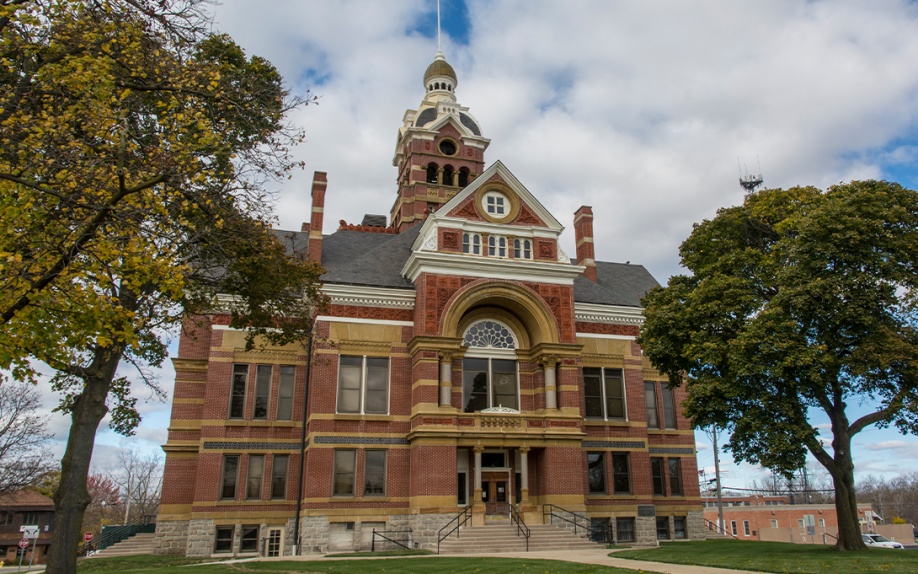Recent Strategic Consulting projects
Many organizations have partnered with Ford School students and faculty through the Strategic Public Policy Consulting course to tackle significant problems in the public, private, or non-profit sectors. Recent projects include:
- City of Ann Arbor, MI, Energy Efficiency Investments: Estimated economic impact of city’s energy investments.
- Government Accountability Office, Options to Extend Labor Force Participation to Older Americans: Conducted mixed-methods analysis of labor force trends, barriers, opportunities.
- US Department of Justice, ICITAP Philippines, Competency Framework: Developed job classification scheme for PNP.
- ICITAP WDC, Strategic Planning: deconstructed previous strategic plan, developed planning framework.
- Jordan Morgan Foundation, Capacity Building: Developed materials, supported strategic planning process.
- Networks Northwest, Traverse City Affordable Housing Study: Undertook stakeholder analysis and peer comparisons.
- FocusHOPE, New Mobility Options for Hope Village Residents: Conducted demand analysis for possible introduction of local ride-hailing and car-sharing services.
- Downtown Detroit Partnership, Redevelopment of 600 Randolph: Identified redevelopment opportunities.
- State of Michigan Talent Investment Agency, Michigan Works! and WIOA Implementation Reform: Provided background research to support state-level reform efforts.
- Government Accountability Office, New K-12 Education Assessments: Assessed implementation of new education assessments under recently adopted consortium agreements.
- City of Detroit, Mayor’s Office, Detroit’s Neighborhood Enterprise Zones: Studied the effectiveness of Detroit’s NEZs in stabilizing neighborhoods and attracting new residents.
- Flint City Charter Commission, Technical Assistance: Analyzed alternative municipal forms of government and other proposed reforms.
- ICITAP WDC, Promoting Sustainable Institutional Development: Evaluated program’s sustainable institutional development initiatives.
- Presbytery of Detroit, Defining and Engaging Community: Devised a community engagement strategy for Greenfield Presbyterian Church.
Success stories
Guidelines, next steps for organizations interested in participating
Proposing a Project
Organizations interested in partnering with the Ford School on a Strategic Public Policy Consulting project should take the following steps:
- Complete a project proposal form.
- Schedule a consultation.
- Proposals for Fall semester projects (September – December) must be submitted by March 1. Proposals for Winter semester projects (January – April) must be submitted by October 15.
- Selected projects will be notified within six weeks after the submission deadline.
What makes a successful Strategic Public Policy Consulting project?
The following guidelines will help prospective clients identify and develop successful Strategic Public Policy Consulting projects:
- The project should deal with an important public policy problem that presents a significant challenge or opportunity to the organization.
- The project should engage students in a range of multi-disciplinary research and analytical activities such as researching best practices, conducting archival research, interviewing or surveying stakeholders, analyzing financial documents, conducting cost benefit analysis, etc.
- The client organization should designate a knowledgeable contact person who is available to provide students with information, access, and guidance.
- The project needs to be successfully completed in 13 weeks.
Timeline
Selected projects will be conducted according to the following timeline:
Week
Activity
Prior to semester
Client meets with faculty director, finalizes project proposal
Week 1
Client meets with students (in person or via VTC), describes organization and project goals
Week 2 – 3
Students prepare work plan, confirm with client, begin preliminary work
Week 4 – 9
Students conduct research and analysis, client is available for information, access, and guidance
Week 7
Students make preliminary mid-term presentation to client
Week 10 – 11
Students submit preliminary report, client provides feedback
Week 12
Students make oral presentation of findings, results, and recommendations
Week 13
Students submit final report



